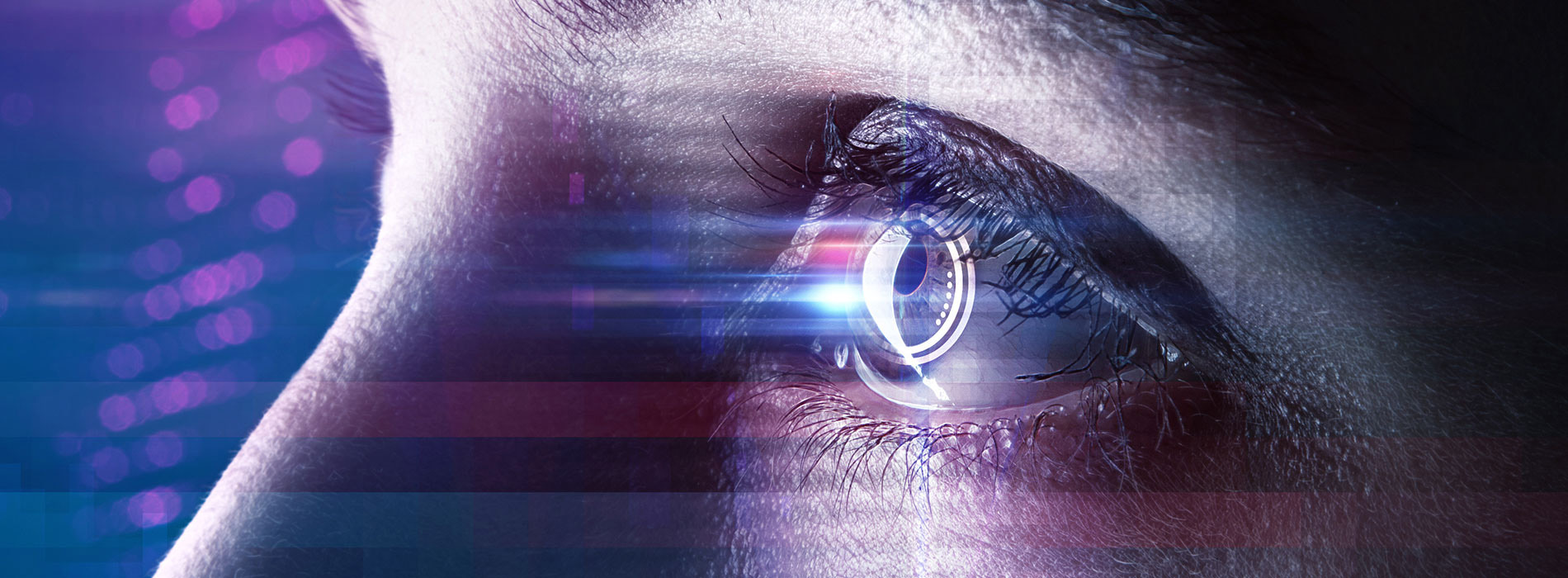Call for an Appointment


Suffering from dry eye can be more than just mildly annoying. It is often a chronic condition that can result in significant discomfort and cause visual disturbances that interfere with your daily activities.
Symptoms of dry eye may include:
Generally, dry eye is worse in the winter due to the cold weather. The air is not only drier outside but also inside because of indoor heating. Winter is also the season of colds and the flu, and decongestants and other over-the-counter cold meds can make dry eyes worse. But here in Texas, dry eyes tend to be even worse during the hot summer months. Forced air (like from car vents), even air conditioning, can cause dry eye symptoms to worsen. Dusty environments, smoke, digital screen time, medications, previous ocular surgeries (like Lasik), and age, also contribute to dry eye disease.
The most common cause of dry eye is Meibomian Gland Dysfunction. The function of these glands is to secrete oil onto the surface of the eye. These oils help to keep the tears from evaporating too quickly. Although dryness is the most obvious symptom, you can also have excess watering or the sensation that something is in your eye. There are many things we can do to make our eyes more comfortable. Some things are just common sense like drinking water and remembering to blink when on the computer, reading, or playing video games. In addition, artificial tears and gels, warm compresses and lid scrubs, punctal plugs, prescription eye drops, and vitamin supplements can help. If you really want to get to the bottom of Meibomian Gland Dysfunction/dry eye, we have the state of the art, FDA approved, Intense Pulsed Light Therapy (IPL) with the OptiLight filter. This technique targets the skin around the eyes, reducing inflammation and any bacterial growth in the area around your eyes. The light helps break the buildup of oil or other debris blocking the meibomian glands that produce oil for your tears.
Don’t forget your sunscreen for your face (we recommend SPF 30 or higher) and sunglasses to help with the UV and wind.